China’s seafood embargo: Could backfire
-In the Chinese market, overall seafood consumption is sluggish-
– Further clouding trade between Japan and China –
We will deliver summaries of articles published in The News Lens Japan.
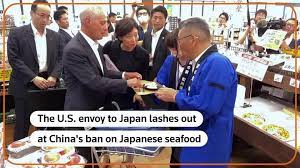
Japanese goverment:
On August 24, TEPCO Fukushima Daiichi Nuclear Power Plant began releasing treated water into the ocean.
Chinese government:
Japan has completely suspended imports of seafood from August 24th.
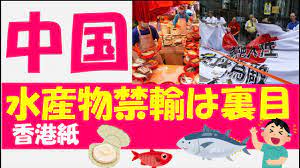
SCMP notes:
“This China embargo may backfire,” he said.
These measures “further cloud the already deteriorating trade between the two countries.”
China’s National Market: General Administration of Regulation and Administration
On August 25th, the food industry was prohibited from processing, cooking, and selling Japanese seafood.
“This is to ensure food safety in China,” he said.
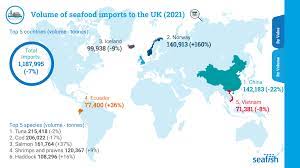
Chinese government seafood imports:
China sources most of its seafood from Ecuador.
The following countries are followed by Russia, Vietnam, and India.
Of the total amount of seafood imported, only a small portion comes from Japan.
Decrease in seafood imports from Japan:
From January to July this year, China imported 1.937 billion yuan (38.9 billion yen) of marine products from Japan.
However, the value of shipments from Japan in July was 235 million yuan.
The number decreased by one-third from the previous month due to “concerns about food safety.”
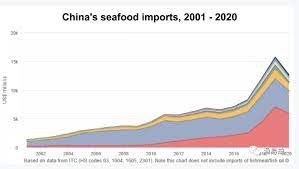
China Fisheries Distribution and Processing Association points out:
China is “simply opposed to Japan’s discharging of treated water into the ocean.”
The Chinese government has not pointed out any safety issues from a scientific perspective regarding Japan’s release of treated water.
As a result, he expressed concern that “the consumption of seafood products in the Chinese market will decline significantly.”
Concerns from Chinese fishing industry stakeholders:
Chinese fisheries officials
Due to the release of treated water from the Fukushima nuclear power plant and China’s import ban,
“Our biggest concern is that consumption of seafood in the Chinese market will decline,” which is a dangerous sign.

Suzhou consulting company: BRIC Agricultural Information Technology
On the 24th, the government predicted wide-ranging impacts on the domestic fishing and aquaculture industries.
People’s willingness to consume seafood has been affected, and “Customer traffic at seafood markets along China’s coast has decreased”
Going forward, along with lower marine product prices, “sales in the Chinese market will be sluggish”

Shandong University Oceanography: Professor Wang Yamin
“The treated water released will not have a major impact on China,” he said.
Ocean currents near Fukushima move clockwise.
Water flows in the northeast direction, that is, in the direction of North America.
https://japan.thenewslens.com/article/4489/page2
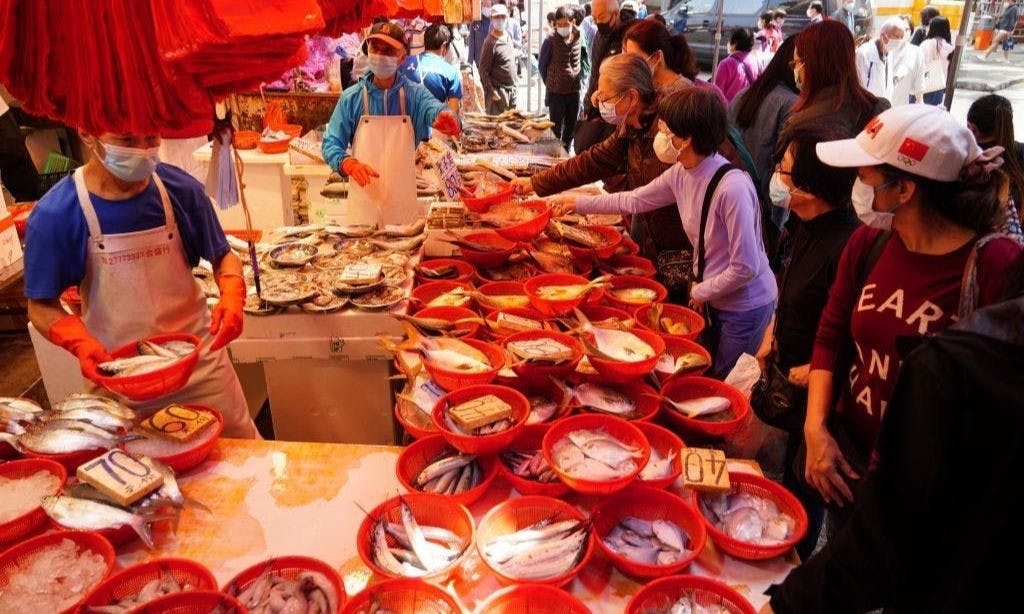
Fukushima water release: why China’s ban on Japanese seafood could backfire
South China Morning Post
Many people won’t eat seafood’, industry insider says of Chinese consumers, in ‘dangerous sign for the industry’
Others say that if Beijing really wanted to make a point, it would go after imports of more critically important trade items such as machinery, circuits and cars from Japan